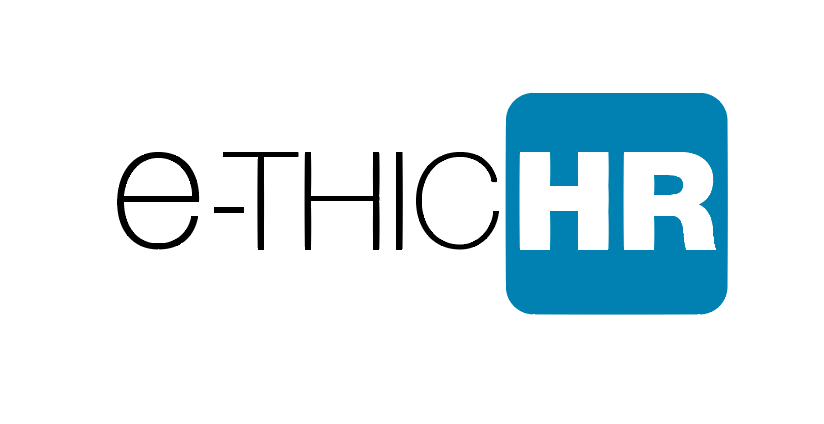In the latest Luxembourg Compass study commissioned by KPMG Luxembourg, some 81 % of Luxembourg business leaders say that their company is experiencing difficulties in recruiting qualified staff. This issue is seen as a key barrier to growth.
Among 73 company owners, CEOs, CFOs, COOs or other senior decision-makers, just over half said they found the process of finding qualified staff “somewhat difficult”, with 29 percent even saying that it was “very difficult”.
At the same time 11 percent said that the lack of qualified staff would be a barrier to growth over the next six months, ranking fourth behind competition from foreign markets, legislative and regulatory pressures, and a lack of demand.
The study shows also that the expectations for a positive economic development over the next year were coupled with a more generous assessment of Luxembourg’s competitiveness as a business location. The most negatively perceived location factors in April 2014 were seen to be the cost of labour and wages, the regulatory environment and the tax environment. Improvements on the other hand were detected by business leaders in the areas of promoting Luxembourg as a business location, cost management by Luxembourg companies and the economy’s innovative power.
Luxembourg Business Compass is a bi-annual study commissioned by KPMG Luxembourg. The study aims to ascertain business leaders’ expectations regarding future economic trends. It also zooms in on entrepreneurs plans for their own companies’ future development. These core elements are supplemented by varying questions pertaining to topical issues in business or politics. The survey is analysed independently by Institut für Demoskopie Allensbach. It polls business owners, CEOs, COOs, CFOs or other senior management employees among Luxembourg’s top companies by contribution to GDP and staff numbers.
Want to know more, read the full article « Luxembourg Companies have difficulties recruiting qualified staff ». The full results of the April 2014 edition will be presented in full at an invitation-only event hosted by KPMG on May 13.
